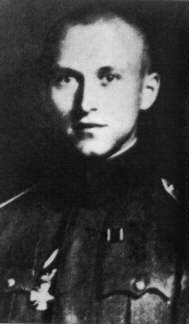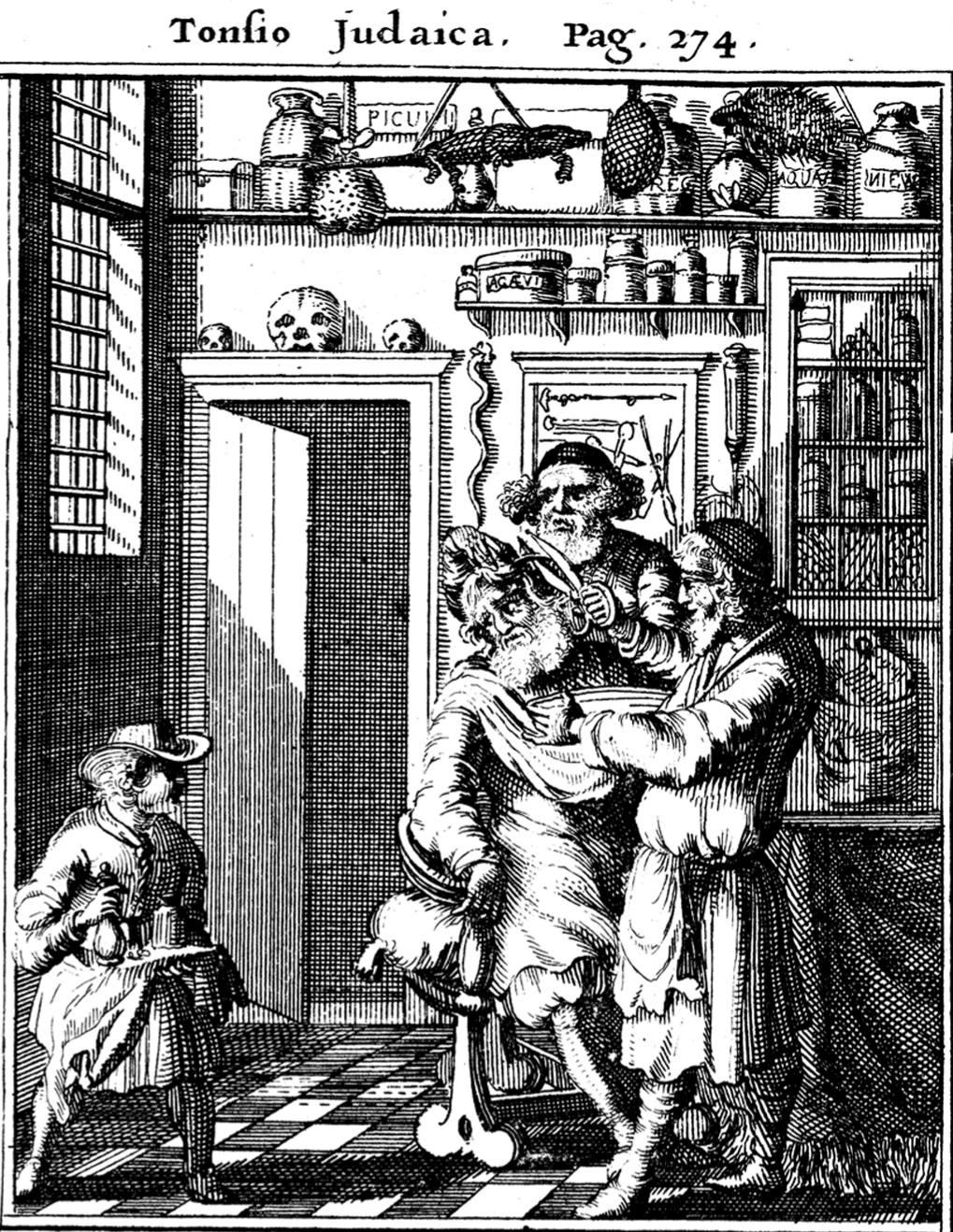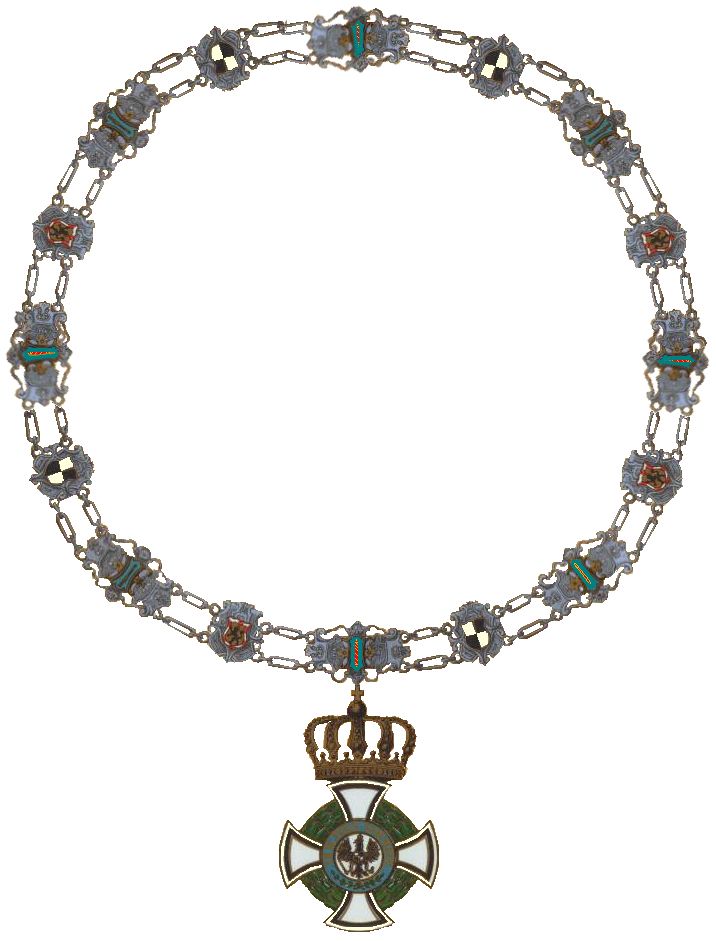|
The Storm Of Steel
''Storm of Steel'' (german: In Stahlgewittern, lit=In Steel Thunderstorms; original English title: ''In Storms of Steel'') is the memoir of German officer Ernst Jünger's experiences on the Western Front (World War I), Western Front during the World War I, First World War from December 1914 to August 1918. It was originally printed privately in 1920, making it one of the first personal accounts to be published. The book is a graphic account of trench warfare. It was largely devoid of editorialization when first published, but was heavily revised several times. The book established Jünger's fame as a writer in the 1920s. The judgment of contemporaries and later critics reflects the ambivalence of the work, which describes the war in all its brutality, but neither expressly condemns it nor goes into its Causes of World War I, political causes. It can be read affirmatively, neutrally or as an anti-war book. Plot ''Storm of Steel'' begins with Jünger as a private entering the lin ... [...More Info...] [...Related Items...] OR: [Wikipedia] [Google] [Baidu] |
Ernst Jünger
Ernst Jünger (; 29 March 1895 – 17 February 1998) was a German author, highly decorated soldier, philosopher, and entomologist who became publicly known for his World War I memoir '' Storm of Steel''. The son of a successful businessman and chemist, Jünger rebelled against an affluent upbringing and sought adventure in the ''Wandervogel'' German youth movement, before running away to briefly serve in the French Foreign Legion, an illegal act. Because he escaped prosecution in Germany due to his father's efforts, Jünger was able to enlist in the German Army on the outbreak of World War I in 1914. During an ill-fated offensive in 1918 Jünger suffered the last and most serious of his many woundings, and he was awarded the ''Pour le Mérite'', a rare decoration for one of his rank. He wrote against liberal values, democracy, and the Weimar Republic, but rejected the advances of the Nazis who were rising to power. During World War II Jünger served as an army captain in occupi ... [...More Info...] [...Related Items...] OR: [Wikipedia] [Google] [Baidu] |
Battle Of Arras (1917)
The Battle of Arras (also known as the Second Battle of Arras) was a British Empire, British offensive on the Western Front (World War I), Western Front during the First World War. From 9 April to 16 May 1917, British troops attacked German Empire, German defences near the French Third Republic, French city of Arras on the Western Front. The British achieved the longest advance since trench warfare had begun, surpassing the record set by the French Sixth Army (France), Sixth Army on 1 July 1916. The British advance slowed in the next few days and the German defence recovered. The battle became a costly stalemate for both sides and by the end of the battle, the British Third Army (United Kingdom), Third Army and the First Army (United Kingdom), First Army had suffered about 160,000 casualties and the German 6th Army (German Empire), 6th Army about 125,000. For much of the war, the opposing armies on the Western Front were at stalemate, with a continuous line of Trench warfare, tre ... [...More Info...] [...Related Items...] OR: [Wikipedia] [Google] [Baidu] |
Henri Plard
Henri is an Estonian, Finnish, French, German and Luxembourgish form of the masculine given name Henry. People with this given name ; French noblemen :'' See the 'List of rulers named Henry' for Kings of France named Henri.'' * Henri I de Montmorency (1534–1614), Marshal and Constable of France * Henri I, Duke of Nemours (1572–1632), the son of Jacques of Savoy and Anna d'Este * Henri II, Duke of Nemours (1625–1659), the seventh Duc de Nemours * Henri, Count of Harcourt (1601–1666), French nobleman * Henri, Dauphin of Viennois (1296–1349), bishop of Metz * Henri de Gondi (other) * Henri de La Tour d'Auvergne, Duke of Bouillon (1555–1623), member of the powerful House of La Tour d'Auvergne * Henri Emmanuel Boileau, baron de Castelnau (1857–1923), French mountain climber * Henri, Grand Duke of Luxembourg (born 1955), the head of state of Luxembourg * Henri de Massue, Earl of Galway, French Huguenot soldier and diplomat, one of the principal commanders of Batt ... [...More Info...] [...Related Items...] OR: [Wikipedia] [Google] [Baidu] |
Payot
''Pe'ot'', anglicized as payot ( he, פֵּאוֹת, pēʾōt, "corners") or payes (), is the Hebrew term for sidelocks or sideburns. Payot are worn by some men and boys in the Orthodox Jewish community based on an interpretation of the Tanakh's injunction against shaving the "sides" of one's head. Literally, ''pe'a'' means "corner, side, edge". There are different styles of payot among Haredi or Hasidic, Yemenite, and Chardal Jews. Yemenite Jews call their sidelocks ''simanim'' (), literally, "signs", because their long-curled sidelocks served as a distinguishing feature in the Yemenite society (differentiating them from their non-Jewish neighbors). Rabbinic interpretation Reason According to Maimonides, shaving the sidelocks was a heathen practice. Specifics The Torah says, "you shall not round off the ''pe'a'' of your head ()". The word ''pe'a'' was taken to mean the hair in front of the ears extending to beneath the cheekbone, on a level with the nose (Talmud – Makkot 20a ... [...More Info...] [...Related Items...] OR: [Wikipedia] [Google] [Baidu] |
Basil Creighton
Basil (, ; ''Ocimum basilicum'' , also called great basil, is a culinary herb of the family Lamiaceae (mints). It is a tender plant, and is used in cuisines worldwide. In Western cuisine, the generic term "basil" refers to the variety also known as sweet basil or Genovese basil. Basil is native to tropical regions from Central Africa to Southeast Asia. In temperate climates basil is treated as an annual plant, however, basil can be grown as a short-lived perennial or biennial in warmer horticultural zones with tropical or Mediterranean climates. There are many varieties of basil including sweet basil, Thai basil (''O. basilicum'' var. ''thyrsiflora''), and Mrs. Burns' Lemon (''O. basilicum var. citriodora''). ''O. basilicum'' can cross-pollinate with other species of the ''Ocimum'' genus, producing hybrids such as lemon basil (''O. × citriodorum'') and African blue basil (''O. × kilimandscharicum''). Etymology The name "basil" comes from the Latin , and the Greek (), m ... [...More Info...] [...Related Items...] OR: [Wikipedia] [Google] [Baidu] |
Oxford-Weidenfeld Translation Prize
Oxford-Weidenfeld Translation Prize is an annual literary prize for any book-length translation into English from any other living European language. The first prize was awarded in 1999. The prize is funded by and named in honour of Lord Weidenfeld and by New College, The Queen's College and St Anne's College, Oxford. Winners Source: Shortlists 2007 * Joel Agee for Friedrich Durrenmatt, Selected Writings (University of Chicago Press) * Anthea Bell for Eva Menasse, Vienna (Weidenfeld and Nicolson) * Robin Kirkpatrick for Dante, Inferno (Penguin) * Sverre Lyngstad for Dag Solstad, Shyness and Dignity (Harvill Secker) * Sandra Smith for Irene Nemirovsky, Suite Francaise (Chatto and Windus) 2008 * Richard Dove for Friederike Mayröcker, Raving Language: Selected Poems 1946-2006 (Carcanet) * Jamie McKendrick for Giorgio Bassani, The Garden of the Finzi-Continis (Penguin) * Mike Mitchell for Georges Rodenbach, The Bells of Bruges (Dedalus) * Natasha Randall for Yevgeny Zamyatin, ... [...More Info...] [...Related Items...] OR: [Wikipedia] [Google] [Baidu] |
Michael Hofmann
Michael Hofmann (born 25 August 1957) is a German-born poet who writes in English and is a translator of texts from German. Biography Hofmann was born in Freiburg into a family with a literary tradition. His father was the German novelist Gert Hofmann. His maternal grandfather edited the Brockhaus Enzyklopädie. Hofmann's family first moved to Bristol in 1961, and later to Edinburgh. He was educated at Winchester College, and then studied English Literature and Classics at Magdalene College, Cambridge, graduating with a BA in 1979. In 1983, Hofmann started working as a freelance writer, translator, and literary critic. He has since gone on to hold visiting professorships at the University of Michigan, Rutgers University, the New School University, Barnard College, and Columbia University. He was first a visitor to the University of Florida The University of Florida (Florida or UF) is a public land-grant research university in Gainesville, Florida. It is a senior memb ... [...More Info...] [...Related Items...] OR: [Wikipedia] [Google] [Baidu] |
Chatto & Windus
Chatto & Windus is an imprint of Penguin Random House that was formerly an independent book publishing company founded in London in 1855 by John Camden Hotten. Following Hotten's death, the firm would reorganize under the names of his business partner Andrew Chatto and poet William Edward Windus. The company was purchased by Random House in 1987 and is now a sub-imprint of Vintage Books within the Penguin UK division. History The firm developed out of the publishing business of John Camden Hotten, founded in 1855. After his death in 1873, it was sold to Hotten's junior partner Andrew Chatto (1841–1913), who took on the poet William Edward Windus (1827-1910), son of the patron of J. M. W. Turner, Benjamin Godfrey Windus (1790-1867), as partner. Chatto & Windus published Mark Twain, W. S. Gilbert, Wilkie Collins, H. G. Wells, Wyndham Lewis, Richard Aldington, Frederick Rolfe (as Fr. Rolfe), Aldous Huxley, Samuel Beckett, the "unfinished" novel ''Weir of Hermiston'' (1896) by R ... [...More Info...] [...Related Items...] OR: [Wikipedia] [Google] [Baidu] |
Pour Le Mérite
The ' (; , ) is an order of merit (german: Verdienstorden) established in 1740 by Frederick the Great, King Frederick II of Prussia. The was awarded as both a military and civil honour and ranked, along with the Order of the Black Eagle, the Order of the Red Eagle and the House Order of Hohenzollern, among the highest orders of merit in the Kingdom of Prussia. The order of merit was the highest royal Prussian order of bravery for officers of all ranks. After 1871, when the various German monarchy, kingdoms, grand duchy, grand duchies, duchy, duchies, principality, principalities and Hanseatic League, Hanseatic city states had come together under Prussian leadership to form the federally structured German Empire, the Prussian honours gradually assumed, at least in public perception, the status of orders, decorations, and medals of Imperial Germany, honours of Imperial Germany, even though many honours of the various German states continued to be awarded. The ' was an honour confe ... [...More Info...] [...Related Items...] OR: [Wikipedia] [Google] [Baidu] |
House Order Of Hohenzollern
The House Order of Hohenzollern (german: Hausorden von Hohenzollern or ') was a dynastic order of knighthood of the House of Hohenzollern awarded to military commissioned officers and civilians of comparable status. Associated with the various versions of the order were crosses and medals which could be awarded to lower-ranking soldiers and civilians. History The House Order of Hohenzollern was instituted on 5 December 1841, by joint decree of Prince Konstantin of and Prince Karl Anton of . These two principalities in southern Germany were Catholic collateral lines of the House of Hohenzollern, cousins to the Protestant ruling house of Prussia. On 23 August 1851, after the two principalities had been annexed by Prussia, the order was adopted by the Prussian branch of the house. Also, although the two principalities had become an administrative region of the Prussian kingdom, the princely lines continued to award the order as a house order. The Prussian version was then known ... [...More Info...] [...Related Items...] OR: [Wikipedia] [Google] [Baidu] |
Iron Cross
The Iron Cross (german: link=no, Eisernes Kreuz, , abbreviated EK) was a military decoration in the Kingdom of Prussia, and later in the German Empire (1871–1918) and Nazi Germany (1933–1945). King Frederick William III of Prussia established it on 17 March 1813 during the Napoleonic Wars (EK 1813). The award was backdated to the birthday (10 March) of his late wife, Queen Louise. Louise was the first person to receive this decoration (posthumously). Recommissioned Iron Cross was also awarded during the Franco-Prussian War (EK 1870), World War I (EK 1914), and World War II (EK 1939). During the 1930s and World War II, the Nazi regime superimposed a swastika on the traditional medal. The Iron Cross was usually a military decoration only, though there were instances awarded to civilians for performing military functions, including Hanna Reitsch, who received the Iron Cross, 2nd class, and Iron Cross, 1st Class, and Melitta Schenk Gräfin von Stauffenberg, who received ... [...More Info...] [...Related Items...] OR: [Wikipedia] [Google] [Baidu] |




